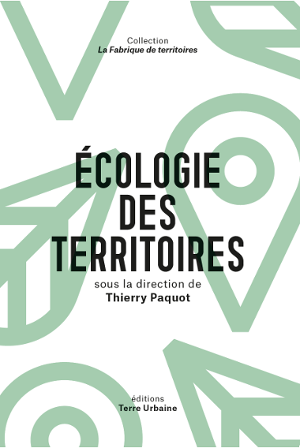Territorial Ecology, Transition & Bioregions
Under the direction of Thierry Paquot
Taking into account environmental concerns, climate change, the necessary energy transition, the search for food autonomy, the establishment of new relationships with non-humans, humans are experimenting with new territorialities.
Every living being demands a territory whose configuration meets its expectations; a plant, a tree, a bird, a cow, a fox, etc. cannot be satisfied with a tub of earth or a cage! It is the same for humans. They no longer accept the administrative division that is far removed from the realities of their daily life (activities, travel, governance, etc.) and the representations they have of the interactions between their existence and its places.
Asking the question of the "right" territory does not only mean questioning the size of cities and towns, but also thinking about groupings that reinforce the autonomy of places and people. Thus the bioregion is one of the expressions of this territorial renewal, both to promote new democratic practices and to make the earth habitable.

This polyphonic work studies the territory in the light of different disciplines (etymology, political science, architecture, agriculture, energy and mobility, representations, etc.) and suggests ways to "enter into transition". It is the result of l’Atelier des territoires (CITEGO) and Chinonais en transition, two series of conferences designed and led by Thierry Paquot, an urban philosopher and author of some sixty books.
The authors: Vincent Aubelle, Dominique Bachelart, Émeline Bailly, Françoise Baudin, Dominique Bourg, Pierre Calame, Charles Fournier, Michel Lussault, Philippe Madec, Perrine Michon, Michaël Oustinoff, Thierry Paquot and Agnès Sinaï.
Les éditions Terre Urbaine, collection La Fabrique de territoires